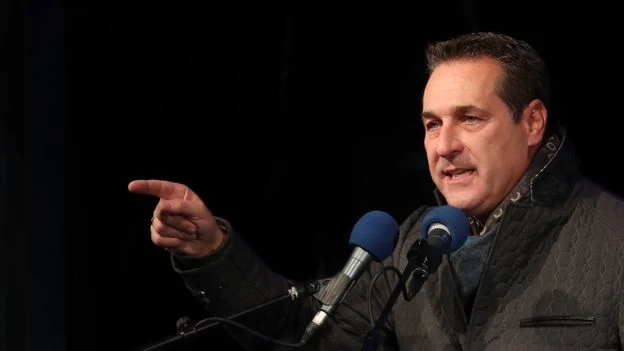A hug between two teenagers in southern India has snowballed into a national controversy after their school expelled them for a "public display of affection". The BBC's Ashraf Padanna spoke to them.
After she had sung on stage in a competition at St Thomas Central School in Kerala, the 15-year-old asked her friend, a boy of 16, how she had done. He hugged her, congratulating her on the performance.
"It [the hug] lasted only for a second or two," the girl, who did not want to be photographed for this article, told the BBC.
"There were a lot of students and teachers around, and I didn't feel [I had done] anything wrong."
But one of the teachers reportedly complained to the principal and, in the girl's words, "all hell broke loose".
The following day, on 22 July, the pair were suspended indefinitely. Then, four months later, on 22 November, the boy was expelled. Neither has been named in the media.
"Schooling is also about the reformation of the child," principal Sebastian T Joseph told the BBC. "We have given him a chance to apologise, but he and his parents had absolutely no remorse."
But the boy said he had apologised "immediately".
- India police face fire for arresting couples in hotel
- Helping or intruding: On patrol with India's anti-harassment squad
- Conservative groups want Indian couples to marry on the spot
The girl never rejoined school because according to the school's records, she was not even enrolled yet.
She had recently moved from Dubai, where her father had been working, and joined St Thomas school in June. The paperwork related to her admission was still incomplete when the hug sparked a furore.
Both students were however asked to appear before a disciplinary committee that the school formed to investigate the "charges".
The BBC has a copy of the so-called charge sheet drafted by the school - it accused the two students of engaging in an "indecent, immoral and undisciplined public display of affection" in front of other students and teachers.
It also alleges that their personal blogs and Instagram accounts included "conversations and photographs" that were "intimate, explicit, vulgar, obscene and objectionable".
"My Instagram account is private and only my followers can see my stories," the boy told the BBC. "There's nothing vulgar or obscene as mentioned in the charge sheet."
He said that he had responded to the allegations by explaining that the hug was meant to be congratulatory and there was no other motive behind it.
The girl alleges that committee members had copies of photos they had posted on Instagram and called them abusive names.
"An official on the panel called me a bitch in heat," she said.
By the time the committee found them "guilty", they had already missed more than four months of school.
During that time, the boy's parents had appealed to the Kerala child rights commission, which ordered the school to revoke the suspension.
But the school petitioned the Kerala high court, which upheld the order expelling the boy on the grounds that the school had the right to protects its "standard and reputation".
His parents are now waiting for the court to reopen after the annual Christmas vacation so they can appeal.
"We are pinning our hopes on the judiciary," said the boy's father, who has not been working since his son was suspended so he could be home to sort out the problem and support his son.
He said school officials were not among his son's or the girl's followers on Instagram - yet, he alleged, they somehow saw their photos, made copies of them and even submitted them in court.
"Were they snooping on them?" he asked, adding that they would raise the issue of privacy in court.
His wife and he are also concerned that their son will miss the exam at the end of the year, which would affect his chances at gaining admission into college since this is his final year of schooling.
School authorities told the BBC that they had allowed the boy to transfer to another school and that it's up to the central education board - which is an independent body - to decide if he can appear for the exam.
Meanwhile, the school has drawn criticism for what is being seen by many as a peculiar and harsh response.
And, on Thursday, the boy's received a letter from the principal inviting them to a meeting on 3 January so they can re-examine the "issue".
But the girl's situation is still unclear. Her parents are not sure if they will also approach the court.
Although she doesn't want to continue studying at St Thomas school, she said she hopes they will allow her to appear for the annual exam so that she doesn't lose a whole year.
"I want to study on a better campus in a safer environment, where they won't treat you in a demeaning manner," she added.
She said she has already applied to another school but was denied admission because of the "incident".
"They [St Thomas school] have violated my right to education and my right to privacy," she said.




















